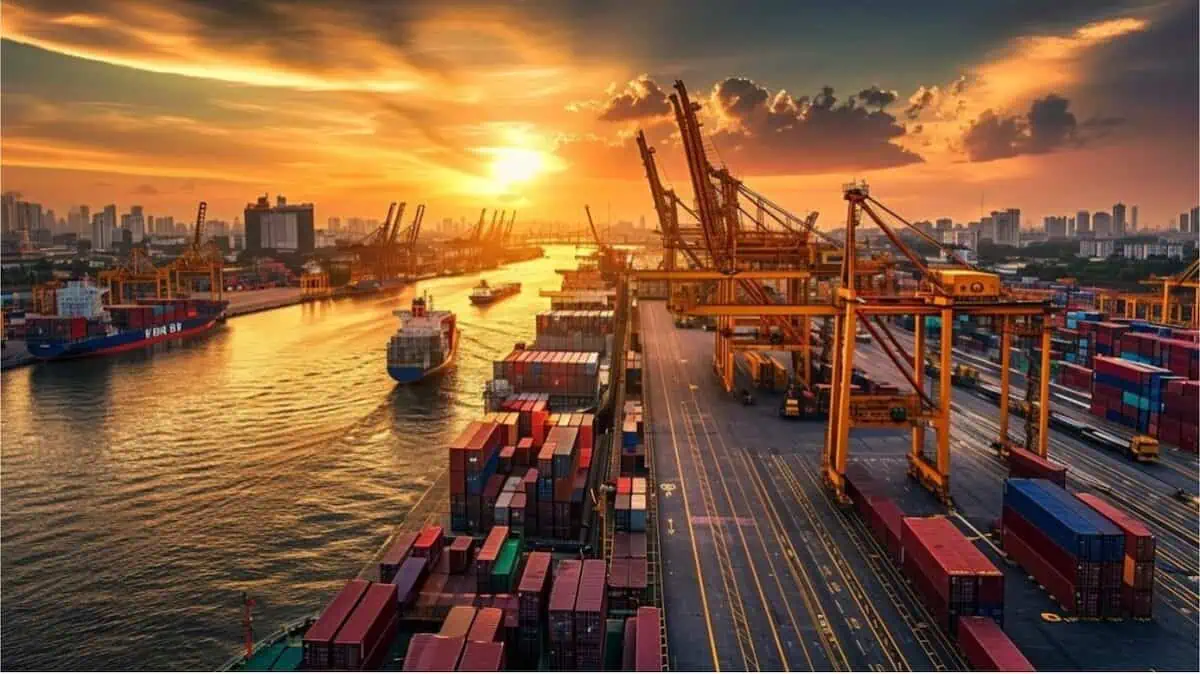Are you looking to source products from China but don’t know where to start? Working with a China sourcing agent could be the solution you’re looking for. China sourcing agents are professionals who help businesses find suppliers, negotiate prices, and manage the production and delivery of goods from China.
In this blog post, we’ll explore the benefits of working with a China sourcing agent and provide tips for finding the right one for your business.
Continue reading “China Sourcing Agent: Streamlining Your Supply Chain!”














